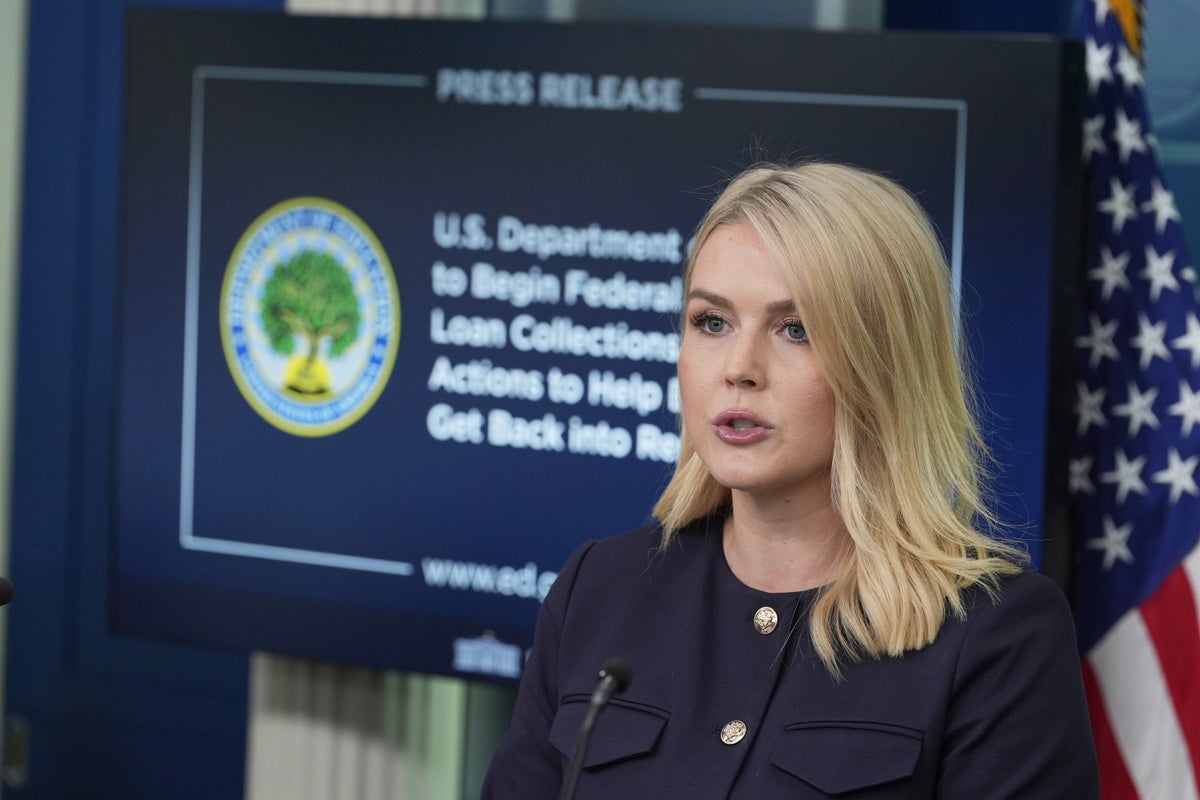The White House is continuing to insist that the entire world is beating down President Donald Trump’s door to strike new bilateral trade deals as a result of his decision to impose or threaten massive unilateral import taxes on imports from America’s top trading partners in an effort to forcibly undo decades of integration and globalization of complex supply chains.
On April 13, White House trade adviser Peter Navarro claimed that Trump could use a 90-day pause on the most punishing tariffs that had been rolled out in an April 2 announcement for what the president had dubbed “liberation day” to negotiate new trade agreements with much of the world.
He told NBC News: “We’ve got 90 deals in 90 days possibly pending here” and said Trump would get those deals completed during that time.
Trump himself said 75 countries had reached out in the hope of sealing a trade deal before tariffs were due to kick back in.
More than a week later, not a single new trade agreement has been announced, much less executed, even though Trump has claimed to have met or spoken with representatives from multiple foreign nations.
Asked about the dearth of deliverable trade accords during a briefing with reporters on Tuesday, White House Press Secretary Karoline Leavitt insisted that there has been “a lot of progress” made towards meeting Navarro’s goal.
Yet according to Leavitt’s explanation, the math thus far simply does not add up, with the White House spokesperson acknowledging just a third of what Navarro had boasted about during his television appearance.
She said the administration had received “18 proposals on paper” from unspecified nations, while also noting that Trump’s trade team — Navarro, Commerce Secretary Howard Lutnick, National Economic Council director Kevin Hassett, Treasury Secretary Scott Bessent and US Trade Representative Jameson Greer – had only met with representatives from 34 countries in the week since Navarro’s boast to NBC.
“We are moving at Trump speed to ensure these deals are made on behalf of the American worker and the American people,” said Leavitt.
The White House press secretary also noted that Vice President JD Vance and Indian Prime Minister Narendra Modi had rolled out what Vance described as “terms of reference” for future US-India negotiations. She called the announcement “a big deal.”
“We know when we look at the numbers, the monetary trade barriers and the non monetary trade barriers from India, they have been ripping off the United States and American workers for a very long time.
“So the fact the Vice President, with Prime Minister Modi on that trip in India, announced these terms of reference, which is essentially a framework to move the ball forward, to sign a good trade deal between our two nations, is great progress, and it speaks to the work ethic and the real labor that’s being put into this effort by the President’s trade team,” she said.
On Tuesday Dow Jones Market Data showed that the Dow Jones Industrial Average looked set to have its worst April since 1932 after losing almost 1,000 points on Monday.
Similarly, the S&P 500 has had its worst performance since inauguration day for any new president dating to 1928, Bespoke Investment Group found.

